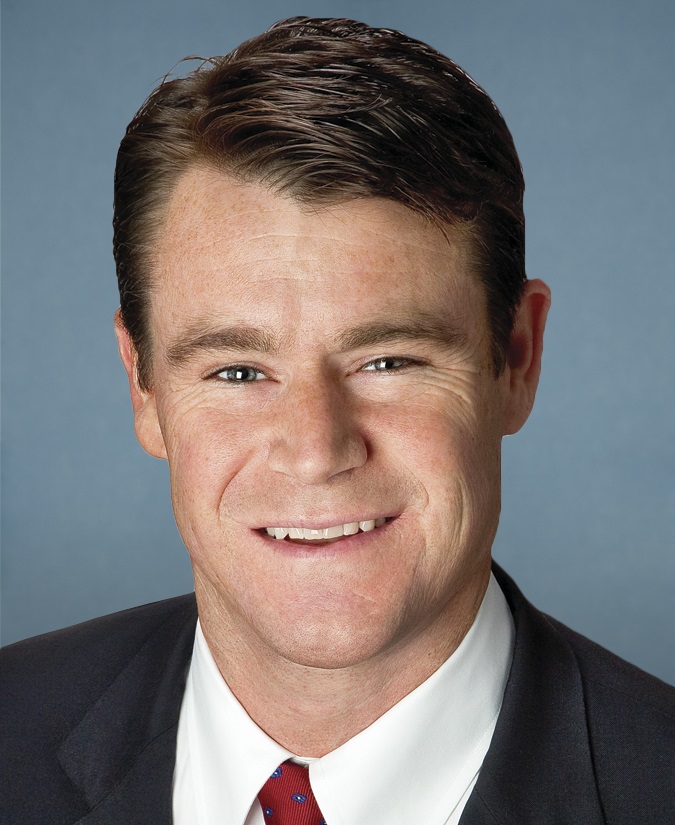U.S. Senators Todd Young (R-Ind.) and Catherine Cortez Masto (D-Nev.) have reintroduced the Public Buildings Renewal Act, bipartisan legislation that incentivizes private investment to rebuild schools and public buildings through public-private partnerships. Implementing public-private partnerships to fund repairs in just 20 percent of all government buildings would create 1.3 million jobs nationwide.
Senators Tim Scott (R-S.C.), Lindsey Graham (R-S.C.), Michael Bennet (D-Colo.), and Ben Cardin (D-Md.) also joined as cosponsors of the bipartisan legislation that aims to spur needed infrastructure improvements.

Young
“Many of our schools, courthouses, hospitals, and other public buildings in Indiana are in need of upgrades, particularly as in-person learning resumes for our schools as we emerge from the COVID-19 pandemic,” Sen. Young said. “The Public Buildings Renewal Act would enable local governments to more quickly address these needs by leveraging public-private partnerships to generate significant investment in critical upgrades. This bill will help to ensure that students, teachers, public employees, and Hoosiers across the state can safely access these spaces to work and learn for years to come.”
“Across Nevada, school buildings are in desperate need of repair, including some schools in rural counties that are over 100 years old, and we need to work across the aisle to spur the investments necessary to rebuild them,” Sen. Cortez Masto said. “This legislation is a commonsense solution that will invest billions in our local schools and buildings while helping Americans across the country get back to work. As Nevada’s school children get back to in-person learning, it is vital that they have safe, upgraded facilities, and I’ll continue to work across the aisle to make sure we can revitalize them while creating jobs and boosting our state’s economy.”
In the United States, public-private partnerships (P3s) have been primarily used for transportation projects and are currently ineligible to use federal tax-exempt facility bonds. The bipartisan Public Buildings Renewal Act would open the American public buildings market to P3s. The bill would create a $5 billion Private Activity Bond allocation for state and local governments, allowing public buildings, including hospitals and schools, to access private investment for the first time. Once enacted, state and local governments would be able to enter into long-term contracts with a private sector company to design, build, finance, and/or operate the building for a defined period of time. Private investment in public buildings provides state and local governments with access to private capital, accelerated project development, reduced risk, and the ability to spread out payments over the length of the contractual term. The ownership of the building, however, would always remain with the government entity.
Senator Young has led efforts in the Senate to invest in our schools, including his letter to Secretary of Education last year to protect the funds for rural schools in accessing supplies, technology upgrades, curriculum, transportation, and other educator support. In 2019, Senator Young first introduced the Public Buildings Renewal Act of 2019.
